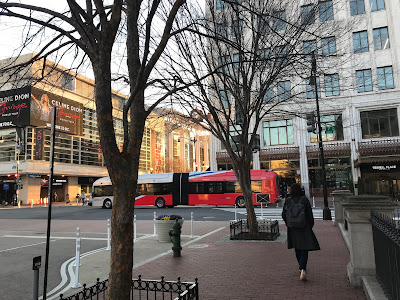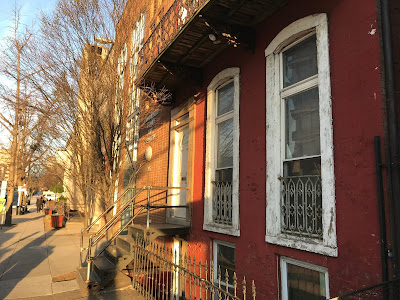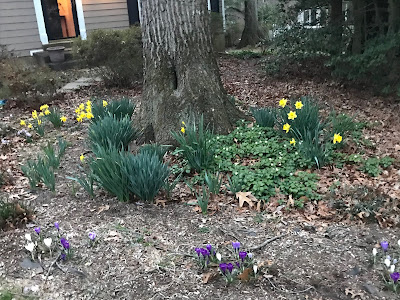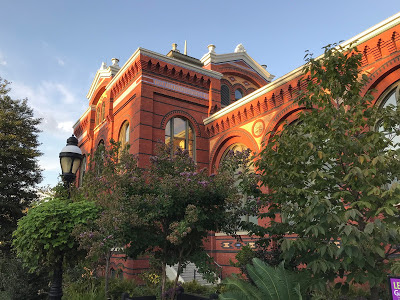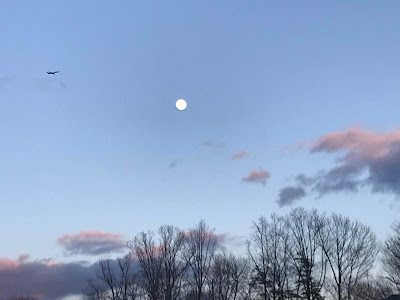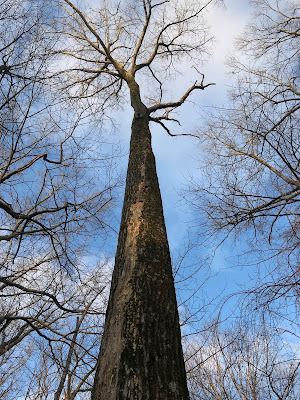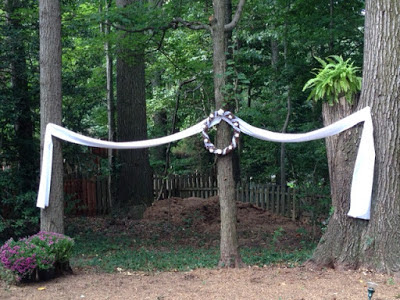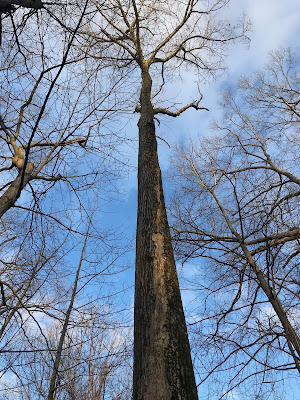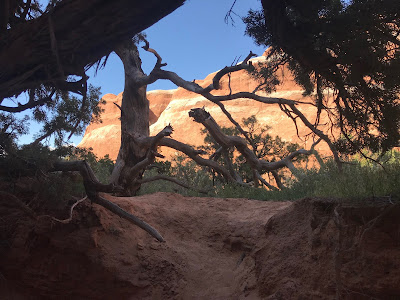Where We Are Now
The president has just declared a national state of emergency, the schools have closed and grocery store shelves are empty of staples and cleaning supplies. So it might seem a strange time to give my spider plant some TLC. But that’s what I’ve been doing the last hour.
The poor thing has been suffering from scale for years, but it’s been at the office, and even though a colleague with a green thumb gave me his favorite scale-eradication solution recipe, I’ve had no chance to use it … until now.
But now the plants are home with me, along with a monitor, laptop, backup disc and the folders and files I think I might need the next few weeks. Now is a good time to concoct the oily, sudsy solution and wipe off each leaf and stem. I love this plant, have had it for years. I want it to live!
It’s a micro effort in a macro-scary world. It’s where we are now.
(The spider plant in an ironic setting, since my office is not where I am now.)

